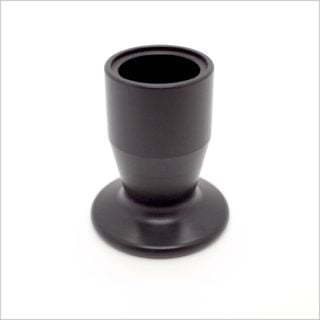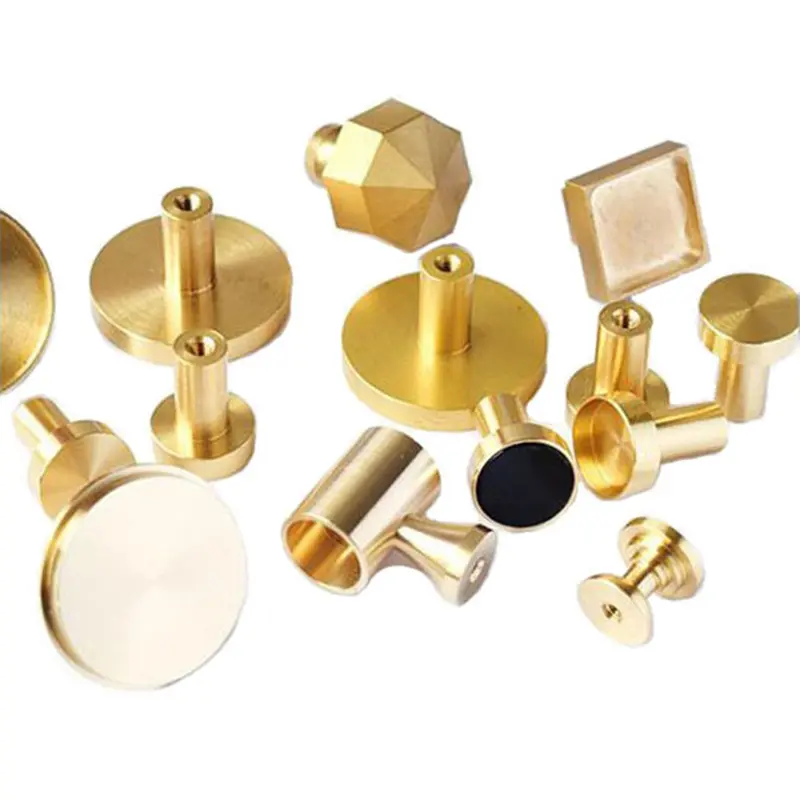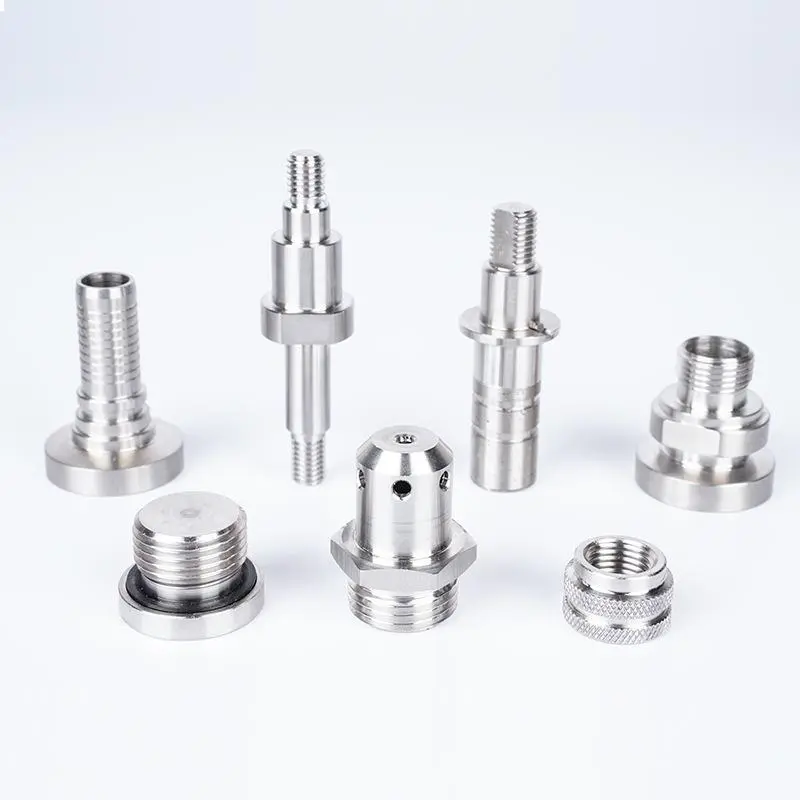The Essential Guide to CNC Swiss Plastic Machined Parts in Precision Manufacturing
Published Time:
2025-10-03
In the realm of precision manufacturing, CNC Swiss plastic machined parts have emerged as a vital component, especially for industries requiring intricate and precise components. CNC, or Computer Numerical Control, allows for automated machining processes, ensuring high accuracy and repeatability, which are critical in today’s fast-paced manufacturing environments.
One of the primary benefits of using CNC Swiss machining for plastic parts is the ability to produce complex geometries with tight tolerances. Swiss machining employs a unique method that involves rotating the workpiece and feeding it into a stationary cutting tool. This technique allows for the creation of intricate designs, often in a single setup, reducing the need for secondary operations and minimizing waste. As a result, manufacturers can achieve high throughput without sacrificing quality.
The versatility of CNC Swiss plastic machined parts extends to various materials, including polycarbonate, nylon, and acetal. These materials are chosen for their lightweight, durability, and resistance to wear and chemicals, making them ideal for a range of applications from automotive to medical devices. The ability to machine plastics at high speeds and with precision makes CNC Swiss machining a preferred choice for producing components such as housings, brackets, and specialized fittings.
Moreover, the efficiency of CNC Swiss machining translates into cost savings for manufacturers. By optimizing the machining process, companies can reduce labor costs and production times, enabling them to meet tight deadlines and respond quickly to market demands. This efficiency is particularly beneficial in industries where rapid prototyping and short production runs are common.
Another aspect to consider is the environmental impact of CNC Swiss plastic machining. Many types of engineered plastics are recyclable, and the precision of the machining process minimizes scrap material, contributing to a more sustainable manufacturing practice. Additionally, advancements in machining technology have led to improved energy efficiency, reducing the overall carbon footprint of production.
In summary, CNC Swiss plastic machined parts play a crucial role in modern manufacturing, offering a blend of precision, efficiency, and sustainability. Understanding the capabilities and advantages of this machining technique can help professionals make informed decisions when designing and sourcing components for their specific applications. Whether you are in the automotive sector, medical device manufacturing, or any industry that requires high-quality plastic parts, CNC Swiss machining stands out as a reliable solution for your manufacturing needs.
One of the primary benefits of using CNC Swiss machining for plastic parts is the ability to produce complex geometries with tight tolerances. Swiss machining employs a unique method that involves rotating the workpiece and feeding it into a stationary cutting tool. This technique allows for the creation of intricate designs, often in a single setup, reducing the need for secondary operations and minimizing waste. As a result, manufacturers can achieve high throughput without sacrificing quality.
The versatility of CNC Swiss plastic machined parts extends to various materials, including polycarbonate, nylon, and acetal. These materials are chosen for their lightweight, durability, and resistance to wear and chemicals, making them ideal for a range of applications from automotive to medical devices. The ability to machine plastics at high speeds and with precision makes CNC Swiss machining a preferred choice for producing components such as housings, brackets, and specialized fittings.
Moreover, the efficiency of CNC Swiss machining translates into cost savings for manufacturers. By optimizing the machining process, companies can reduce labor costs and production times, enabling them to meet tight deadlines and respond quickly to market demands. This efficiency is particularly beneficial in industries where rapid prototyping and short production runs are common.
Another aspect to consider is the environmental impact of CNC Swiss plastic machining. Many types of engineered plastics are recyclable, and the precision of the machining process minimizes scrap material, contributing to a more sustainable manufacturing practice. Additionally, advancements in machining technology have led to improved energy efficiency, reducing the overall carbon footprint of production.
In summary, CNC Swiss plastic machined parts play a crucial role in modern manufacturing, offering a blend of precision, efficiency, and sustainability. Understanding the capabilities and advantages of this machining technique can help professionals make informed decisions when designing and sourcing components for their specific applications. Whether you are in the automotive sector, medical device manufacturing, or any industry that requires high-quality plastic parts, CNC Swiss machining stands out as a reliable solution for your manufacturing needs.
Previous Page
Previous Page
NewsCenter
Beijing Pafinal Precision Machinery Co., Ltd.
Email:sales@pafinal.com

Address: No. 239 Huanhe South Road, Tianjin Pilot Free Trade Zone (Airport Economic Zone), Tianjin
中企跨境-全域组件
制作前进入CSS配置样式
sales@pafinal.com:
Whatsapp:
在线客服添加返回顶部
图片alt标题设置: PAFINAL
表单验证提示文本: Content cannot be empty!
循环体没有内容时: Sorry,no matching items were found.
CSS / JS 文件放置地




 2025-10-03
2025-10-03

